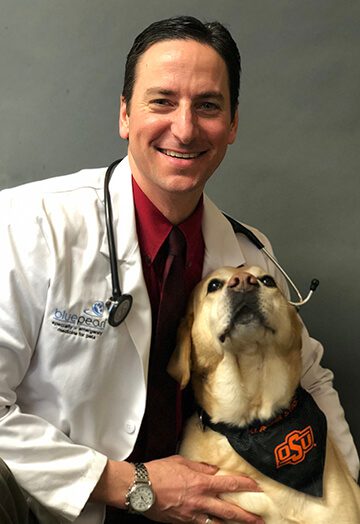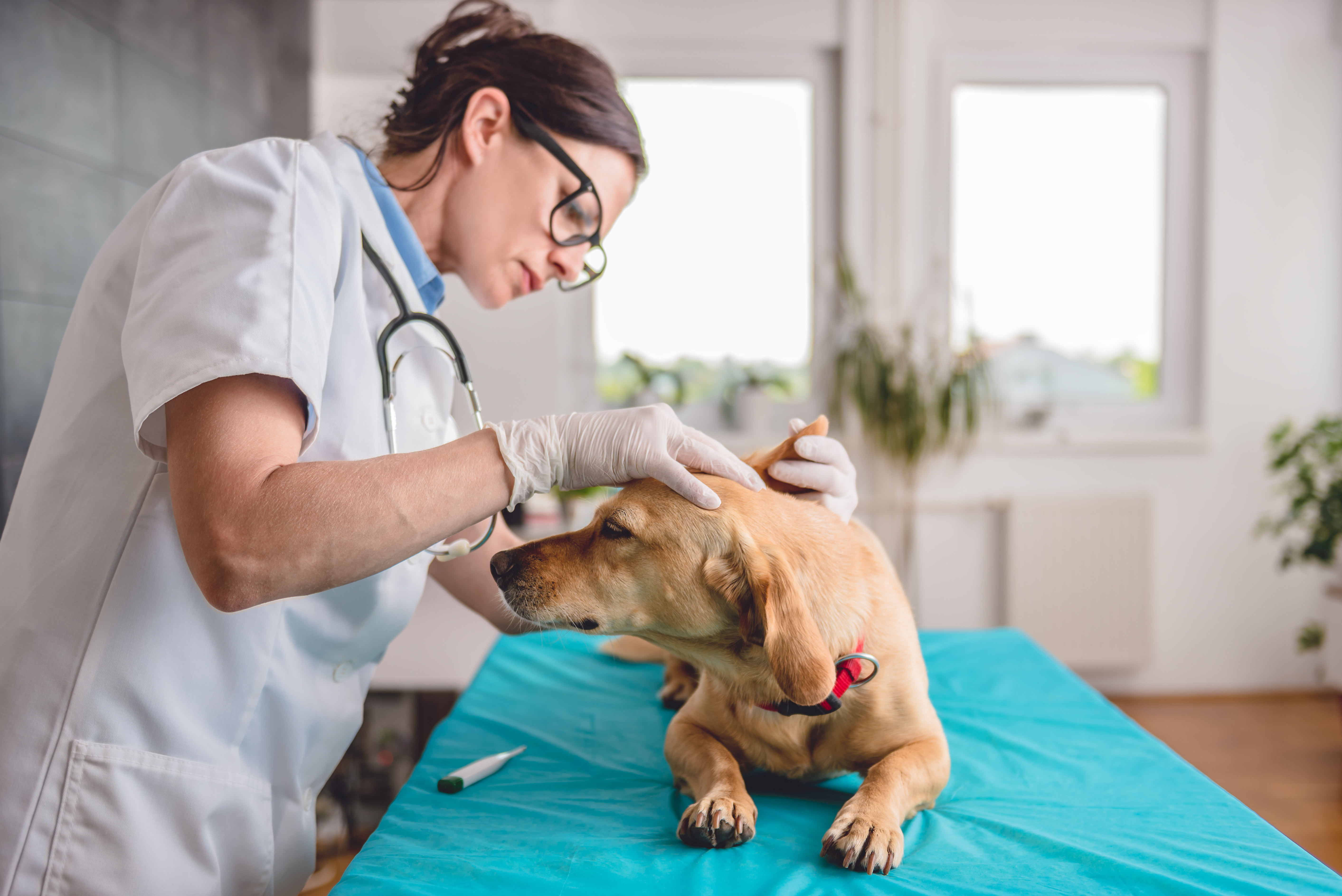Just How Pet Health Checkups Help Find Early Indications of Ailment and Keep Your Pet Healthy
Just How Pet Health Checkups Help Find Early Indications of Ailment and Keep Your Pet Healthy
Blog Article
Vaccination Standards From Your Relied On Veterinarian
Inoculation guidelines provided by your trusted veterinarian play a vital role in securing your pet dog's health and wellness and wellness. Core injections are essential for all animals, while non-core vaccines can be tailored to details lifestyles and ecological exposures. Recognizing the nuances of inoculation routines, which start as early as 6 to 8 weeks, is vital for ideal security. In addition, dealing with typical misconceptions surrounding injections can additionally boost animal owners' confidence in these safety nets. As we explore these critical elements, it ends up being significantly clear why normal examinations with your vet are indispensable for notified decision-making.

Importance of Inoculations
Inoculations play a pivotal function in guarding pet dogs versus a series of preventable conditions. By stimulating the body immune system to identify and deal with specific microorganisms, vaccinations substantially minimize the occurrence of transmittable diseases that can impact a pet's wellness and longevity. Not only do inoculations secure private pets, but they also add to herd immunity, consequently minimizing the overall frequency of illness in the animal population.
Prompt vaccinations aid to mitigate the spread of diseases such as rabies, parvovirus, and distemper, which can have serious repercussions for both pets and people. Inoculations are frequently a need for boarding facilities, grooming services, and pet parks, making them important for those that wish to mingle their animals.

Core Injections for Pet Dogs
While the specific inoculation needs of pets can differ based on specific variables, core vaccinations are generally recommended to secure against the most significant and typical diseases (Pet Vaccinations). Core vaccines are those regarded important for all family pets, no matter their way of life or geographic location, as they guard against very infectious and potentially deadly ailments
For pet dogs, the core injections consist of those for canine distemper, parvovirus, adenovirus (liver disease), and rabies. Adenovirus can result in liver disease, while rabies is a zoonotic condition that positions a risk to both pets and humans.
In felines, core injections incorporate feline panleukopenia, feline calicivirus, feline herpesvirus (rhinotracheitis), and rabies. Feline panleukopenia is a very contagious viral disease that impacts the body immune system and intestinal tracts. Calicivirus and herpesvirus are major factors to top respiratory infections in felines, while rabies stays a critical worry for public wellness.
Talk to your vet to ensure your animals receive their core vaccinations on time.
Non-Core Vaccines Explained
Non-core vaccinations are tailored to attend to details threats related to a pet's direct exposure, environment, and lifestyle to certain diseases. Unlike core vaccines, which are globally advised for all family pets, non-core vaccinations are taken into consideration based on individual circumstances. These vaccines are specifically essential for pets that might come across one-of-a-kind microorganisms due to their geographical area, traveling habits, or tasks.
Examples of non-core vaccinations include those for Bordetella bronchiseptica, which is connected to kennel cough, and Lyme disease, brought on by ticks. Animals that often engage with other animals, such as those in boarding centers, pet dog parks, or brushing environments, might gain from Bordetella inoculation. Likewise, if you reside in a location where Lyme check illness is widespread, vaccinating against this disease can be a prudent choice for outdoor-loving canines.
Various other non-core vaccines might include those for leptospirosis, canine influenza, and feline leukemia, relying on the certain danger variables present. It is vital to have a detailed discussion with your veterinarian regarding your family pet's way of life and the prospective requirement for these vaccinations, guaranteeing a customized vaccination method that finest shields your fuzzy buddy.
Inoculation Set Up Review
As pets grow, it is necessary to abide by the recommended booster inoculations. Veterinarian Enterprise. For grown-up pets, core injections are commonly given every one to 3 years, relying on the particular injection and regional laws. Non-core injections may be encouraged based upon lifestyle variables and regional illness occurrence, demanding a tailored strategy
Regular veterinary check-ups are essential for updating vaccination routines. Your veterinarian can offer support on the most appropriate immunizations for your pet, factoring in age, health and wellness Related Site status, and environmental threats. By remaining aggressive and notified, pet owners can guarantee their fuzzy companions get effective and timely inoculations, therefore guarding their wellness and health throughout their lives.
Common Myths Regarding Vaccines
Mistaken beliefs regarding pet dog inoculations can cause confusion and unwillingness amongst family pet owners relating to the immunization procedure. One common myth is that vaccinations are unneeded for interior family pets. While it holds true that interior family pets face lower dangers, they are not completely unsusceptible to illness, as pathogens can be introduced through numerous ways, consisting of human garments and other animals.
An additional misconception is that injections can cause the diseases they intend to stop. In reality, the majority of vaccinations have suspended or attenuated microorganisms, which can not cause condition in healthy and balanced animals. Some pet dog owners additionally believe that their animals need to not be vaccinated if they are currently healthy; nonetheless, vaccinations are an aggressive step that aids avoid the start of ailment.
Furthermore, several animal proprietors fear that vaccinations will result in lasting health difficulties. While adverse effects can take place, they are normally light and short-term. The advantages of vaccination-- securing family pets from possibly serious diseases-- far surpass the threats. Understanding these typical misconceptions is essential for liable pet dog ownership and ensuring the health and wellness and safety and security of your furry companions. Always consult your veterinarian for exact details customized to your pet's particular requirements.
Conclusion
In recap, adherence to inoculation guidelines is important for guaranteeing the click health and wellness and durability of pets. Core injections supply crucial defense versus major illness, while non-core injections attend to particular dangers based on individual way of lives. Establishing a thorough inoculation timetable, together with routine vet check-ups, assists in ideal health administration. Resolving typical myths bordering vaccinations further strengthens the significance of informed decision-making in pet dog care. Ultimately, a proactive strategy to vaccinations is vital for keeping animal well-being.
Not just do inoculations shield specific animals, however they also contribute to herd immunity, thereby minimizing the overall occurrence of conditions in the pet population.
Mistaken beliefs concerning animal inoculations can lead to confusion and unwillingness amongst animal proprietors pertaining to the immunization procedure. While it's real that indoor animals deal with lower risks, they are not totally immune to conditions, as pathogens can be presented with numerous methods, including human clothes and other pet dogs.
Some pet owners likewise believe that their family pets should not be vaccinated if they are already healthy; however, inoculations are an aggressive procedure that assists protect against the onset of disease.
The benefits of vaccination-- protecting pet dogs from possibly deadly illness-- far exceed the risks.
Report this page